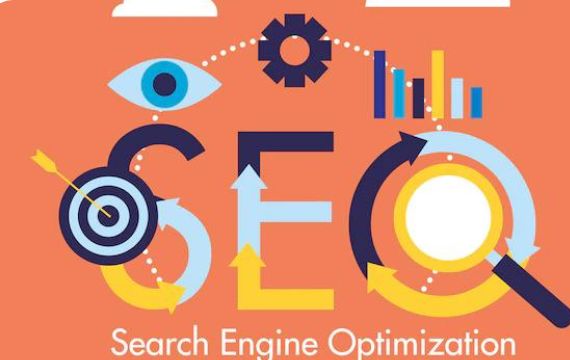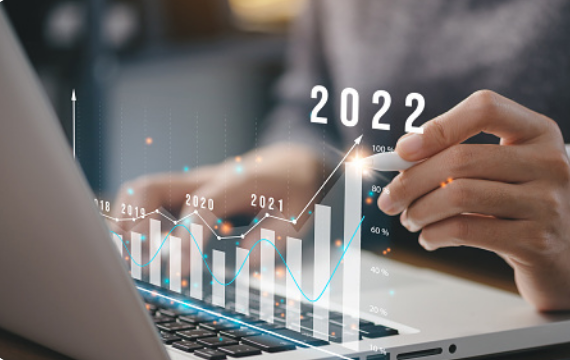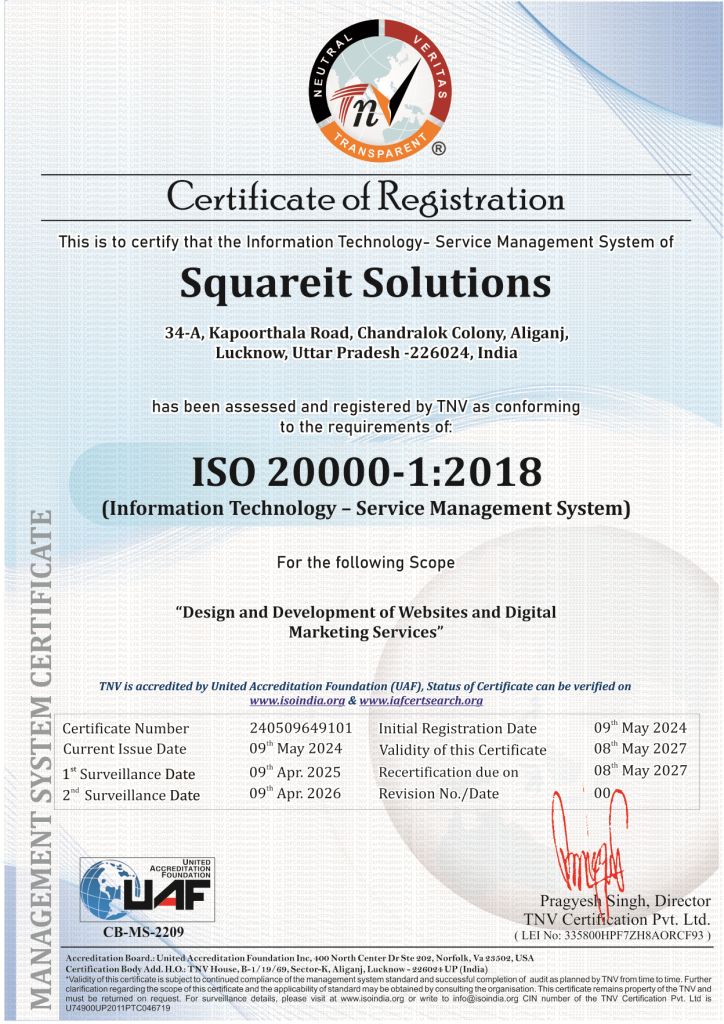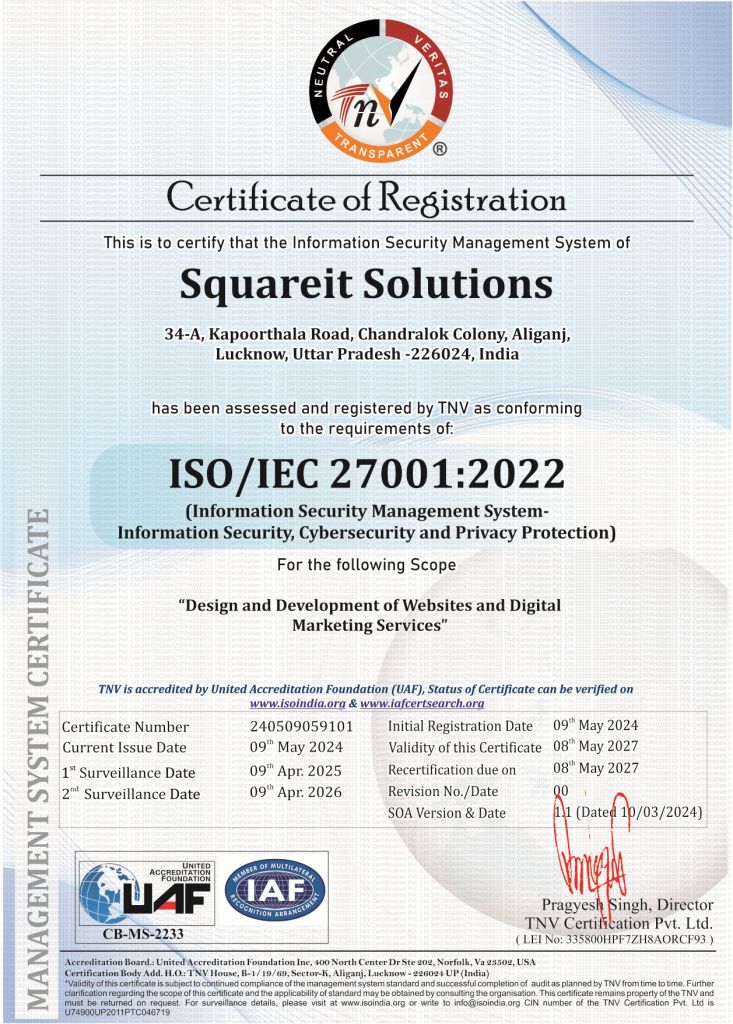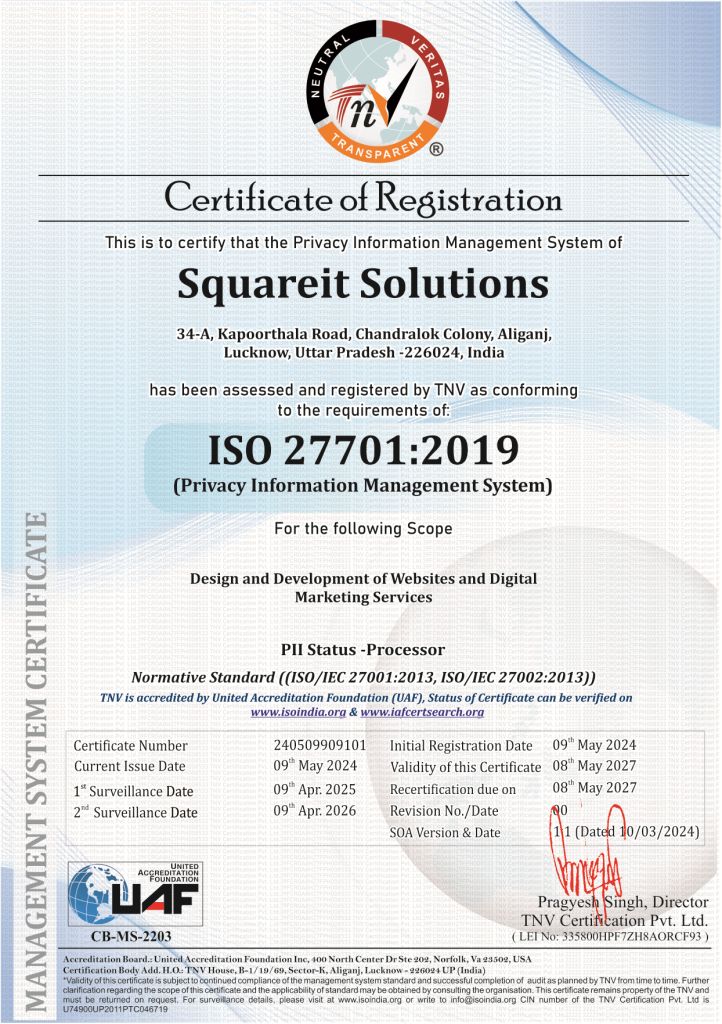On-page search engine optimization simply means the practice of optimizing your content and HTML source code to evidently define what exactly your webpage is about and what information or data it provides to its visitors.
On-page search engine optimization simply means the practice of optimizing your content and HTML source code to evidently define what exactly your webpage is about and what information or data it provides to its visitors.
The best bloggers don't just possess excellent writing skills but also take charge of post-publish responses. You can improve your webpage content with simple adjustments and be mindful of some factors.
5 Major On-Page Factors Need To Be Optimise For Better SEO
There are many aspects of on-page SEO that can be optimized for better results and the following are some checklist points and SEO tools for content optimization to enhance your website.
-
Title
Tittle is the first thing that any reader see and a good writer knows the significance of a strong title. It immediately sums up your content in readers' heads and is a vital factor for attracting users and escalating your webpage CTR.
Therefore, prior to publishing your content make sure you have a strong title which corresponds with the user’s intent and for doing it you should not mislead the users just to make them read your content which means your tittle and the content should be relevant.
- URL
When you publish an article you have the full command in creating the URL link so make sure that you make it crisp and clear. Avoid using random numbers and weird letter combinations and try to place your keyword in the URL instead.
Also, if you want your article to be evergreen then put the year in the URL as then you can use your content year after year by making small modifications in the title rather than changing the whole URL and setting up a redirect.
-
Meta Description
Any article on your webpage has a meta description which is an element of HTML that provides a brief about your webpage.
So, a rich meta description will help gain more visitors and website traffic whereas a poor meta description can lead to losing users who did not find your meta description useful.
It will reduce your visibility on search engine result pages (SERPs) and customers will not consider your content that appealing to read.
-
Keywords
Search engine optimization works on keywords and if you want to improve your on-page SEO then you should know the importance of keywords.
It can build and break your webpage as firstly, a good keyword ensures any reader that this is a relevant page for what they are searching and secondly, it sends a positive impact to google’s algorithm which can help your page rankings in the SERPs.
When you build your content through this basic method for growing your online presence it is called content marketing which is also an integral part of search engine optimization. As a webpage owner, you should always focus on your keywords and semantically related words for positive search results.
-
Header tags
This is one of the easiest and most common methods to optimize your SEO by using evident headings (H1, H2) to separate sections of your article but keeping it in a nested hierarchy system.
The usual format of placing headers should be in a descending like H1 to H6 where H1 is the main general heading and H6 is the specific subheading.
This will sort your page, boost your website traffic, increase your rankings and eventually give the most optimized results.
Conclusion
This is your blog optimization checklist that you can follow to get the best results for your webpage. It will help in increasing your visibility on SERPs, boost your rankings, and obtain more organic leads, you will get more reachable and it will give you more final sales and conversions.

